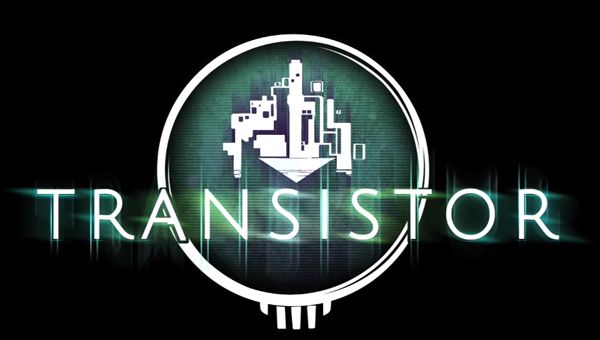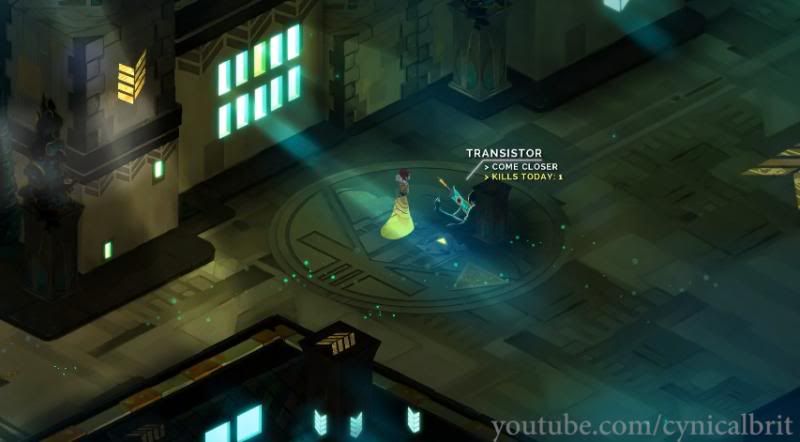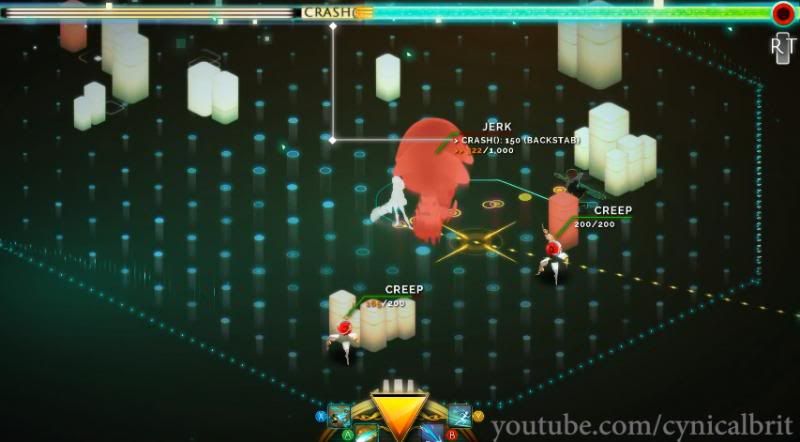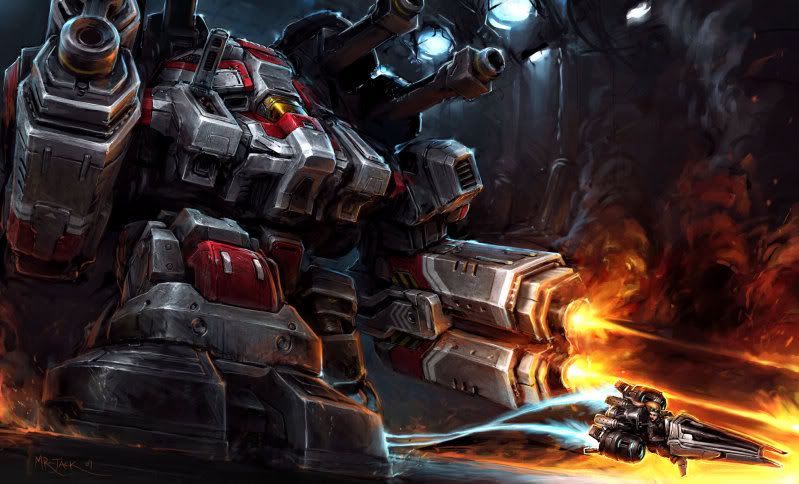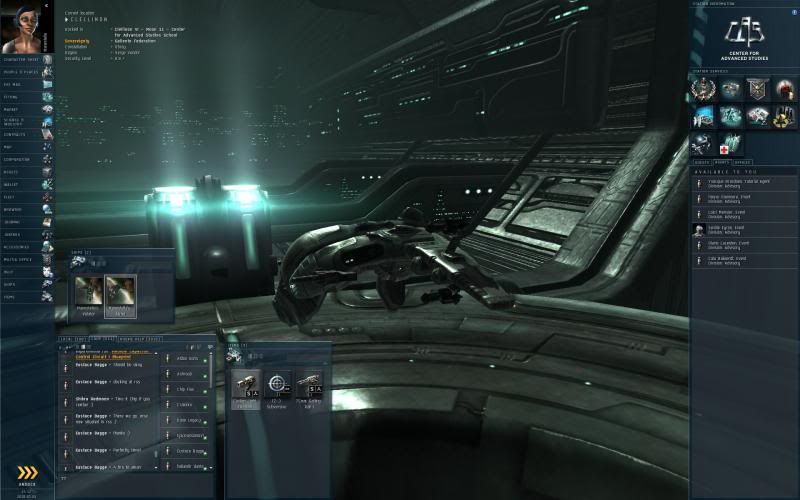
If this is the most important thing in the world to you, it’s time to have a talk.
I’ve said in the last couple days that I am either in love with or obsessed with Enforcing. I don’t take that sentiment lightly. As rewarding as the experience was, as wonderful as making so many new friends makes me feel, as affirming as it might have been to be helpful, useful, and enduring throughout the weekend, it would be unhealthy of me to make it the entire focus of my life. Geeks have a tendency to obsess, something I know through some experiences I am loath to repeat.
Don’t misunderstand me, enthusiasm is a good thing. I’m quite enthusiastic about Enforcing, as well as writing, gaming and game design, movies, music, and so on. Enthusiasm is what keeps people interested in their passions and their arts, that helps them endure the drudgery of the day so they can experience what they enjoy later. Enthusiasm is not the enemy, and should even be encouraged, as being dispassionate is just as unhealthy as being obsessed.
In fact, obsession with one thing can lead to a lack of passion or interest in other things, which are arguably more important. As much as you might think your World of Warcraft guild’s raid schedule might be, you do still have to do your homework, laundry, or other household chores. You can’t flit all over the country for conventions and hangouts when that money should be used for medical procedures, care of your family, or paying the bills. You might think that being in a teleconference with your corporate cohorts in EVE Online is the most important thing, but that couldn’t be further from the truth if your wife and kids are feeling neglected and marginalized while that’s going on.
I’m not saying don’t have fun. I’m not saying gaming is the enemy. That’s the sort of knee-jerk reactionary rhetoric you’ll get from some supposed news outlets and sensationalist narrow-minded pundits masquerading as journalists. I am not a journalist. I’m just another geek, and I know from experience that geekdom that becomes obsession leads to broken homes, shattered dreams, fractured hearts, and even damaged minds. I’ve spent the better part of ten years coming back from one of the worst blows dealt to me in my entire life, and it came from my own brainpan, my own neglect, my own obsessions. I’m saying, my friends, that we must be mindful of what draws us in and lights our fires. It’s good to be warmed and illuminated by those flames, but if you don’t manage that fire, it will consume you.
Take the time to get your life right. Sort things out and make sure you’re not losing anything crucial by pouring yourself into something insignificant. That purple loot, those enemy ships, your favorite star or the latest episode or the next event or release – none of it matters, in the end, if it costs you friends, family, or sanity. And even if you think you’re fine, take a moment to look at those around you, at your spouse or children or co-workers or close friends. It only takes a moment, but it can change, or save, your entire life.

